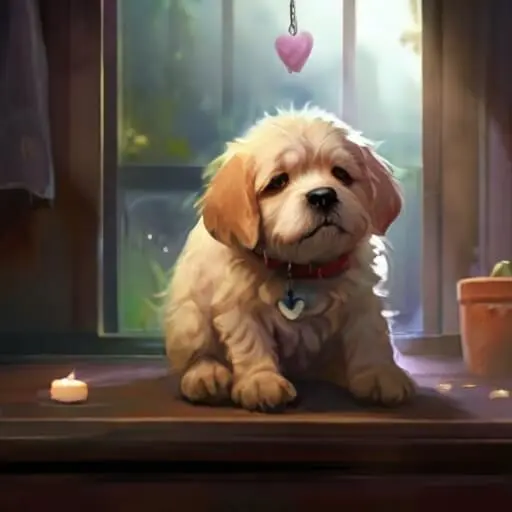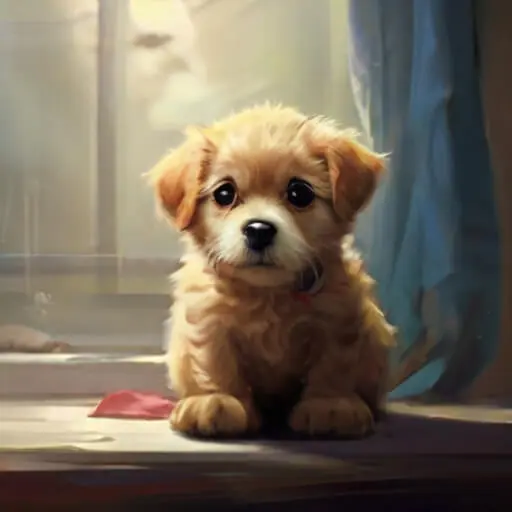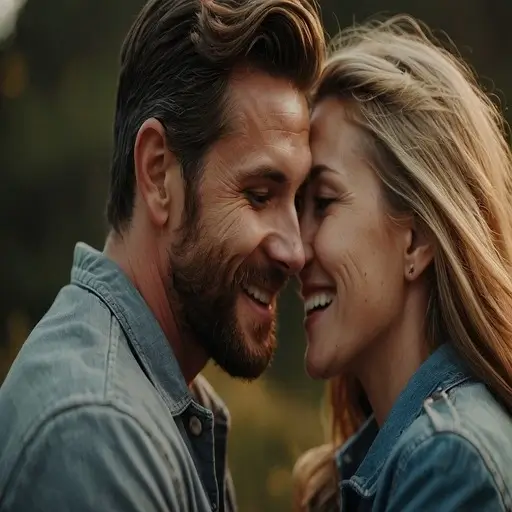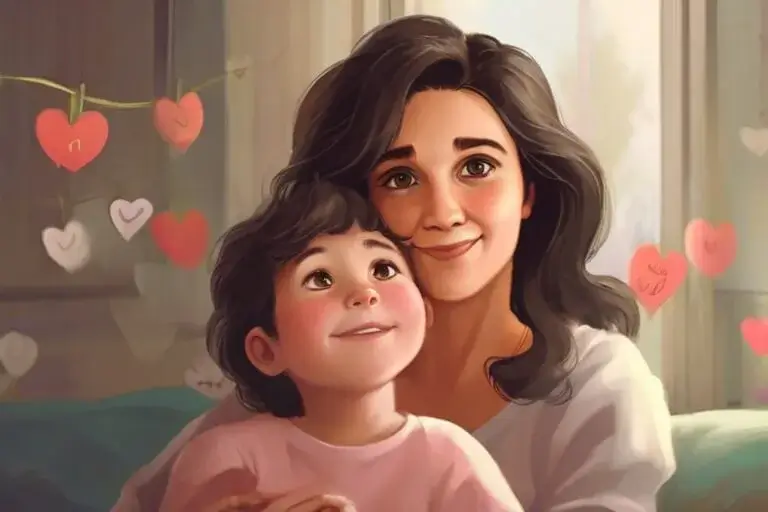The grief after “my pet died and I can’t stop crying” reflects how pets like mine become family, so losing them leaves devastating sorrow. Our pet friends provide us with unconditional love and companionship. For many people, pets are valued family members, so it’s understandable to feel deep sorrow when they pass away.
You may find yourself wondering what to do when your dog dies or cat or other pet. Know that what you’re feeling is normal, although those around you may not fully understand the depth of your pain. Don’t be ashamed of your grief or try to suppress it. By allowing yourself to fully mourn this loss, you can start to heal and focus on the happy memories.

Understanding Pet Grief
Losing a pet is losing a member of your family. Our animal friends offer love and affection that nourishes our souls. They’re always excited to see us, don’t judge us for our faults, and bring fun and laughter into our lives.
For many people, the companionship pets provide get us through difficult times, whether we’re going through a divorce, job loss, illness or another trauma. They keep us company when we feel lonely. They give us purpose and someone to care for.
When grief strikes after the loss of such a close companion, know that your grief is real and deserves to be processed fully. The depth of grief may surprise some non-pet owners. But those who have loved and lost a pet understand the pain all too well.
What happens when a dog dies?
The grieving process is similar to that after losing a human loved one. It’s normal to experience denial, anger, depression, and gradually reach acceptance. Don’t bottle up the wide range of emotions you may feel.
The grieving process is highly unique to each person and situation. There is no “right” way or timeline.
“When my dog died, a part of me died.”
This is a common sentiment among pet owners. Your grief likely comes in waves, so be patient and caring with yourself as you navigate this journey of healing.
Coping Strategies for Pet Loss
Allow Yourself to Grieve
The first step in coping with pet grief is allowing yourself to experience the loss fully. Attempting to ignore these feelings or “get over it” quickly will only complicate and prolong the grief process.
How to grieve a pet?
Make space for the mourning process. If you need to take a few days off work when your pet passes, do it. If you can’t hold back the tears, let them flow freely. Talk about your pet with sympathetic friends and family and share special memories. This validation can help ease the grieving process.
Another excellent outlet for grief is memorializing your pet in a way that is meaningful to you. Ideas include:
- Creating a memory book with your favorite photos
- Putting together a special box with their collar, toy or other relics
- Planting a tree or flowers in their honor
- Having a special urn for their ashes
- Commissioning a painting, sculpture or other artwork featuring your pet
The mourning process is unique to each person. Do what feels comforting, even if that involves laying in bed crying and looking through old photos. In time, those memories will take on a more positive meaning.
At some point, you may wonder “does my dead dog know I miss him?” Our animal companions intuitively picked up on our emotions when alive, so it is comforting to believe they understand the depth of our grief from beyond.

Seeking Additional Support
Grief can be a lonely process, especially when others don’t relate to the sorrow over losing a pet. Know that you don’t have to go through this alone.
How to console someone who lost a pet?
Provide empathy and avoid comments meant to “look at the bright side” or downplay the loss. Let them share stories and fond memories.
If you continue to deeply grieve your pet weeks or months after their loss, seeking professional counseling or a pet grief support group can help. These resources provide validation and coping techniques tailored to mourning deceased pets. Know that there are kind ears out there ready to listen compassionately.
“I’m so sorry for your loss. My heart breaks for you as I know how special your furry friend was.”
What to do if your dog dies at home?
This tragedy is intensely painful. Give yourself time to grieve before deciding if adopting again feels right.
This is not a betrayal to the old, rather a way to continue that legacy of love. Each pet relationship is completely unique. A new animal companion allows you to provide and receive more of that unconditional affection.
Moving Forward After Losing a Pet
In the initial period of acute grief after your pet dies, simply getting through the day is an immense challenge. Everything around you can serve as a painful reminder of their loss. In time, those reminders will bring happier memories of your time together to the surface.
When you’ve reached the stage where some of that crushing pain has subsided, little signs that your pet is still watching over you can bring comfort. Perhaps you come across a stray dog that resembles your pet, or you notice feathers gathering where you scattered their ashes.
Stay the path of healing by focusing your mind on the positive memories rather than the traumatic final days. Fill your social circle with people who understand pets are family. Talk about your pet often and all the silly little things that made you laugh and smile.
If the quiet loneliness eventually becomes too pronounced, there may come a day when you feel ready to invite a new four-legged friend into your life. This is not a betrayal to the old, rather a way to continue that legacy of love. Each pet relationship is completely unique. A new animal companion allows you to provide and receive more of that unconditional affection.
The grief of losing those we love is real and profoundly painful, regardless of species. Know that what you’re feeling is normal. Allow yourself to fully process the loss at your own pace. Memorialize your pet friend in ways that feel meaningful. Seek support from those who understand the true nature of a human-pet bond. While the acute grief will subside in time, a part of your beloved companion will always remain in your heart.

